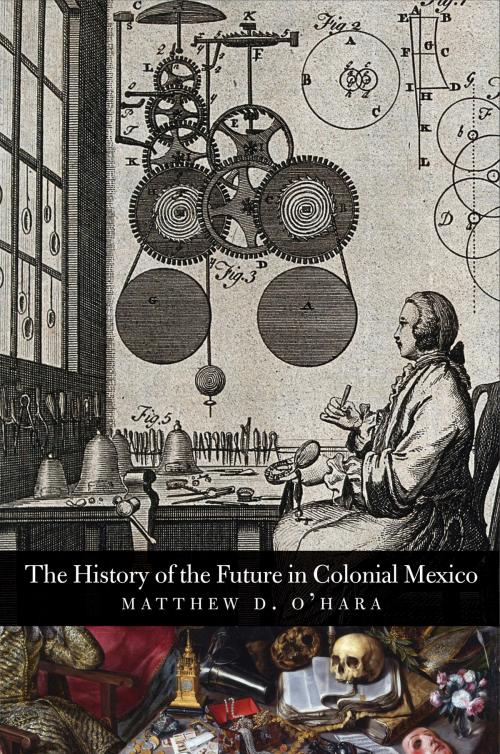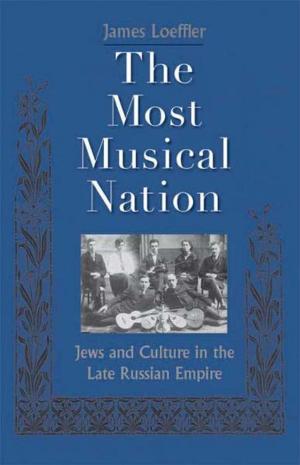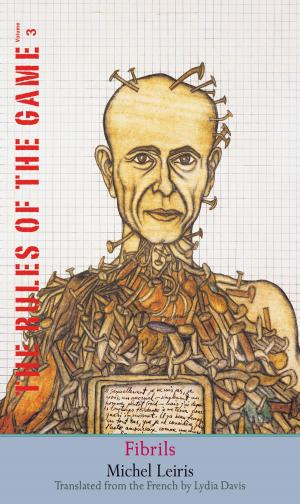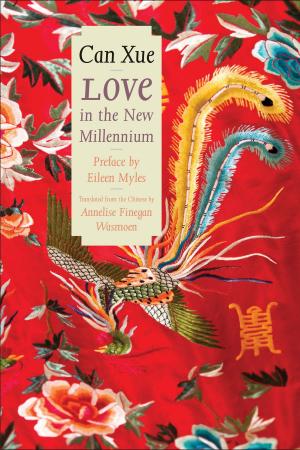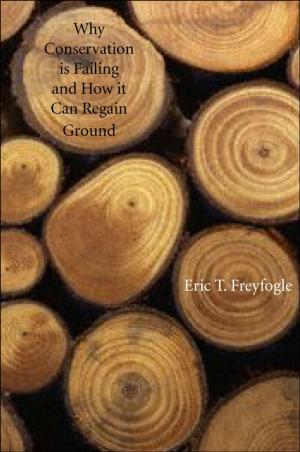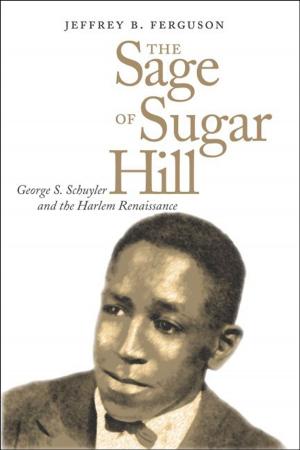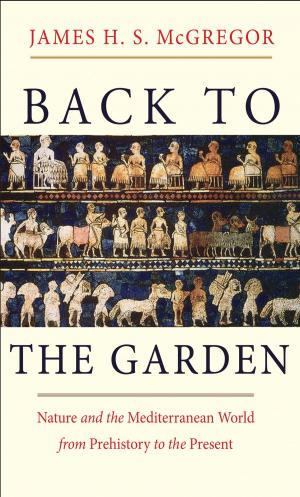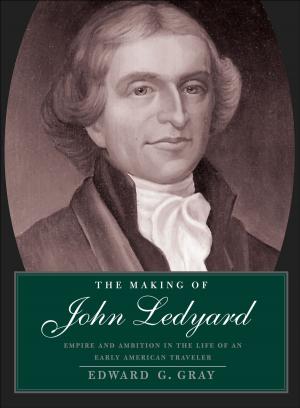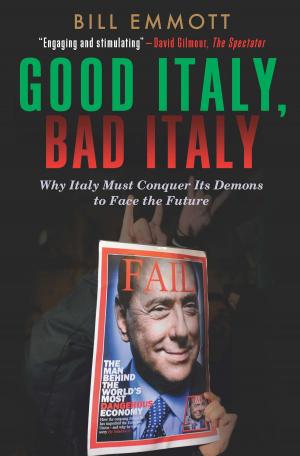The History of the Future in Colonial Mexico
Nonfiction, History, Modern, 17th Century, 18th Century, Americas, Mexico| Author: | Matthew D. O'Hara | ISBN: | 9780300240993 |
| Publisher: | Yale University Press | Publication: | November 20, 2018 |
| Imprint: | Yale University Press | Language: | English |
| Author: | Matthew D. O'Hara |
| ISBN: | 9780300240993 |
| Publisher: | Yale University Press |
| Publication: | November 20, 2018 |
| Imprint: | Yale University Press |
| Language: | English |
A prominent scholar of Mexican and Latin American history challenges the field’s focus on historical memory to instead examine colonial-era conceptions of the future
Going against the grain of most existing scholarship, Matthew D. O’Hara explores the archives of colonial Mexico to uncover a history of "futuremaking." While historians and historical anthropologists of Latin America have long focused on historical memory, O’Hara—a Rockefeller Foundation grantee and the award-winning author of A Flock Divided: Race, Religion, and Politics in Mexico—rejects this approach and its assumptions about time experience.
Ranging widely across economic, political, and cultural practices, O’Hara demonstrates how colonial subjects used the resources of tradition and Catholicism to craft new futures. An intriguing, innovative work, this volume will be widely read by scholars of Latin American history, religious studies, and historical methodology.
A prominent scholar of Mexican and Latin American history challenges the field’s focus on historical memory to instead examine colonial-era conceptions of the future
Going against the grain of most existing scholarship, Matthew D. O’Hara explores the archives of colonial Mexico to uncover a history of "futuremaking." While historians and historical anthropologists of Latin America have long focused on historical memory, O’Hara—a Rockefeller Foundation grantee and the award-winning author of A Flock Divided: Race, Religion, and Politics in Mexico—rejects this approach and its assumptions about time experience.
Ranging widely across economic, political, and cultural practices, O’Hara demonstrates how colonial subjects used the resources of tradition and Catholicism to craft new futures. An intriguing, innovative work, this volume will be widely read by scholars of Latin American history, religious studies, and historical methodology.
